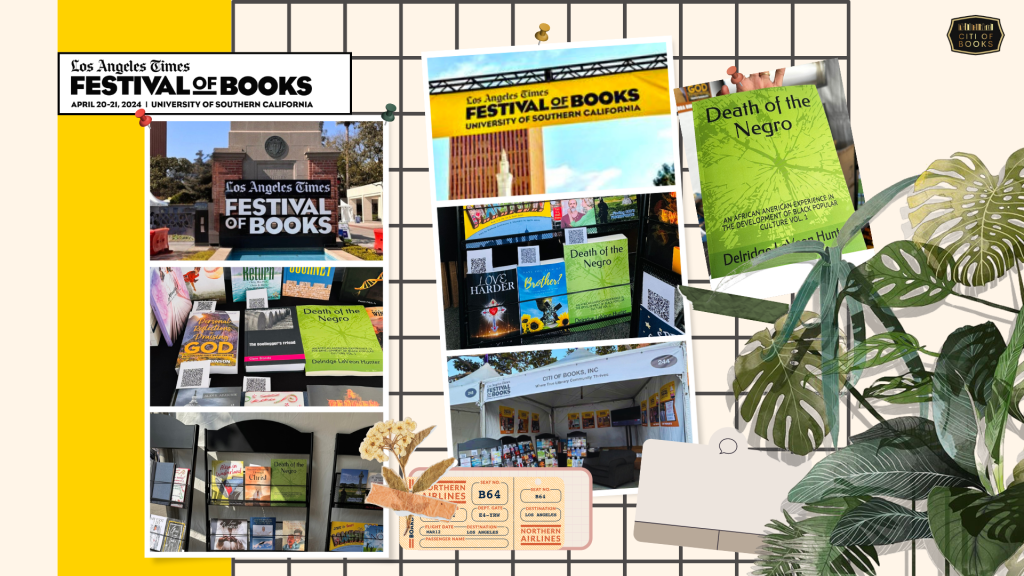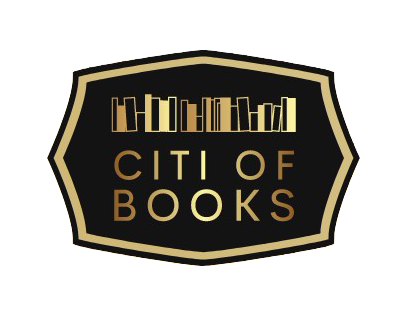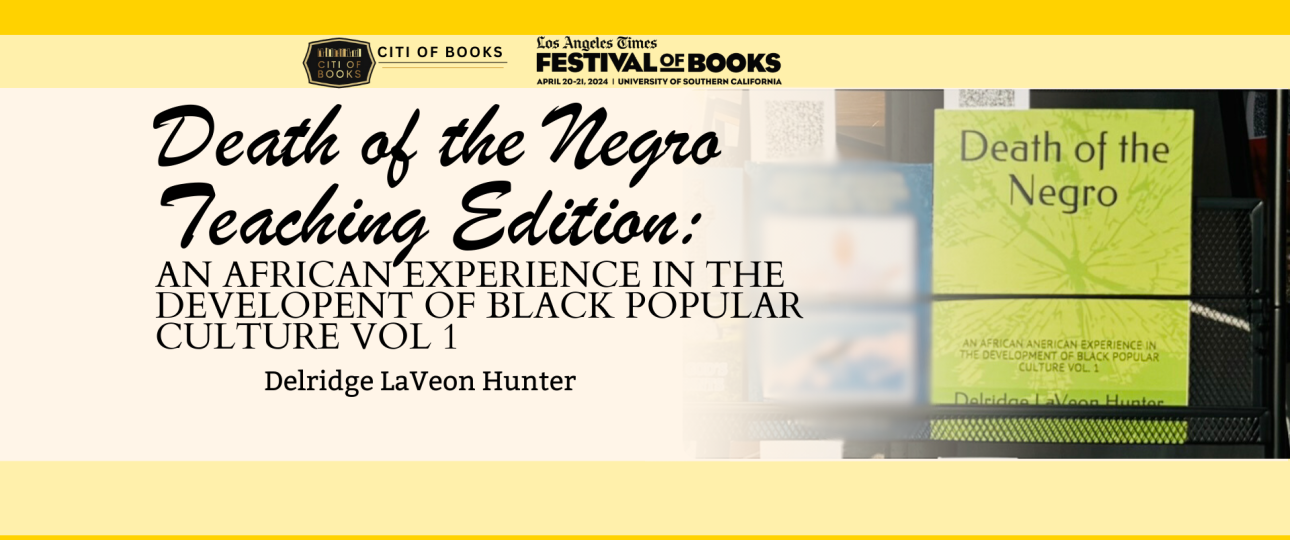
Every year, the Los Angeles Times Festival of Books becomes livelier and brighter thanks to the growing number of attendees. From book lovers, casual readers, and literary collectors to authors and publishers, people gathered to celebrate literacy.
The largest book festival in the US opened its doors last April for a glamorous two-day weekend celebration with the bookworms. Held at the University of Southern California, a large number of book enthusiasts, book lovers, and book collectors, as well as writers, established authors, and many more, attended the free event.
A lot of festival attendees went by the Citi of Books booth to check for their next read and potential favorite book. One of the books that were chosen is “Death of the Negro Teaching Edition: AN AFRICAN EXPERIENCE IN THE DEVELOPMENT OF BLACK POPULAR CULTURE VOL 1” by Delridge LaVeon Hunter. It was displayed on April 20th and 21st at the Los Angeles Times Festival of Books at the University of Southern California.
Delridge L. Hunter has a Ph.D. in Africana Studies from the Union Institute and University in Cincinnati, Ohio. He is Professor of Integrative Studies in the Department of Social and Behavioral Sciences at Medgar Evers College, the City University of New York. His work centers on the paradigm he has developed over the past 40 years.
“Death of the Negro: An African American Experience in the Development of Black Popular Culture” is a three-volume examination of how African Americans negated the notion of there ever being a character called the Negro devoid of culture. As they were beaten and castigated every day, these conscious beings continued to generate a cultural form that would inform and influence the growth and development of what became “American” culture. Each volume treats this process as a continuum. i.e., as a never-ending process.
Like what you just read?

